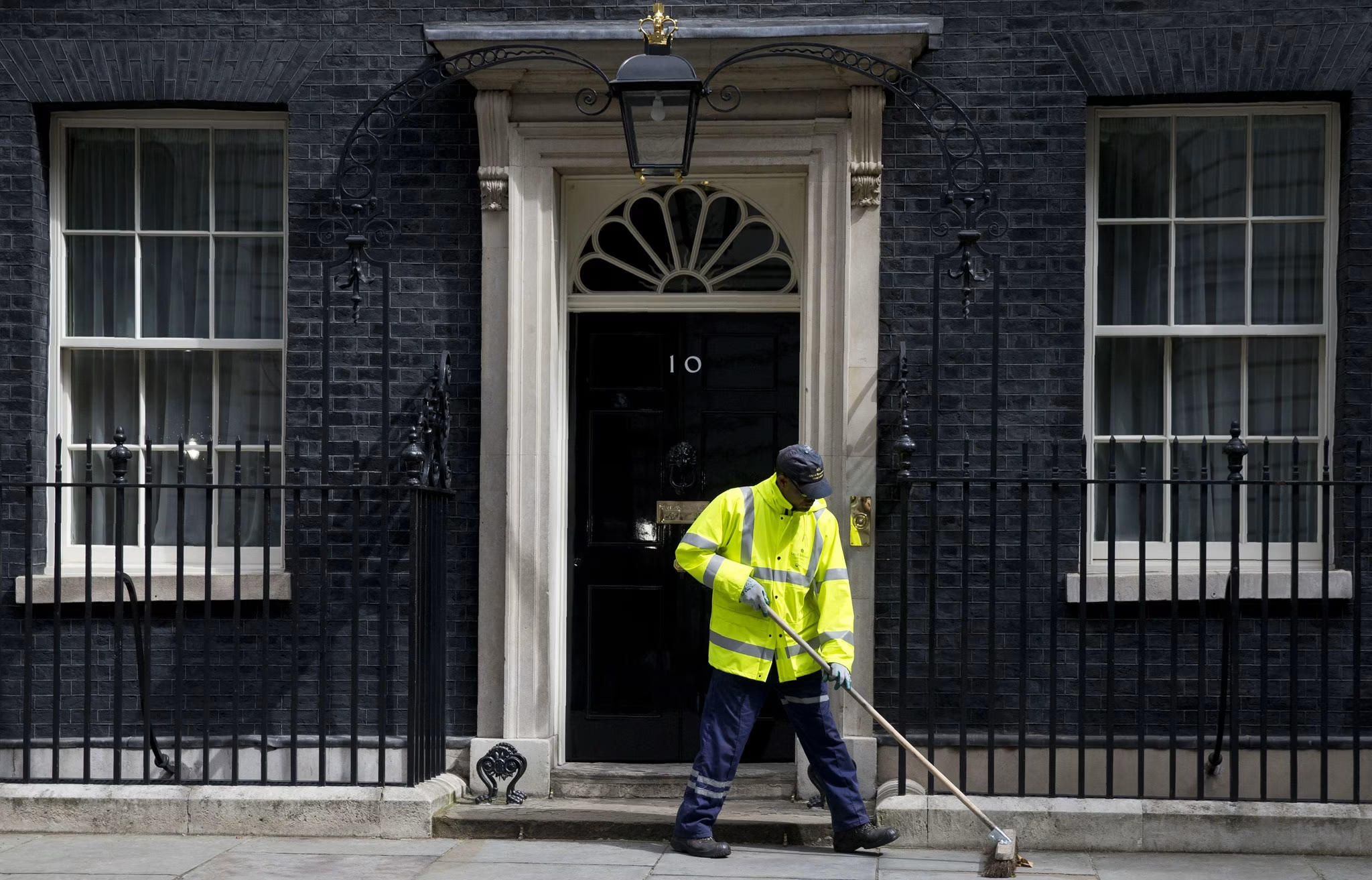
Dear incoming Prime Minister,
The UK stands at a crossroads.
Prime Minister – the widely accepted view is that your job is to steward our inevitable decline.
There is however another way.
It requires bold decision making, radical thinking and a wholehearted embrace of modern technology – traits I acknowledge are not synonymous with government operations.
There are some of us who remain optimists. Our innate optimism is perhaps derived from our professional conditioning – venture capitalists want to place their trust in the power of technology and the drive of our founders to find a better way for society. Our optimism is seen by many as misplaced naivety but we do comprehend, perhaps better than most, that the speed of today’s technological development is like no other.
Whether we like it or not, a new scientific age is upon us and as the new occupant of Number 10 Downing Street, you will have the opportunity to put science at the centre of government in a way that encourages universities, entrepreneurs and corporations to not merely incubate innovation – but to execute it at pace.
As Tony Blair and William Hague recently remarked in a series of reports on the state of the nation, we need a new national purpose with tech at its core and the next decade is likely to contain scientific advance that is greater than the two previous two centuries put together – with AI at the epicentre.
Every facet of Government, every aspect of our lives – can be and should be improved for the better. Nice words I hear you say – but more practice and less theory. Let me expand.
Let us take our beleaguered NHS – the service that is closest to our hearts and minds.

Imagine a health service which was at least 20% more efficient with a well-paid workforce and the envy of modern disease prevention.
Yes—this is possible today.
The wholesale implementation of AI today should lead to a minimum of 15% increase in NHS services, according to the Institute for Public Policy Research. A recent study by McKinsey calculates that AI’s ability to automate routine administrative tasks such as appointment scheduling and equipment usage can increase hospital efficiency by at least 20%. AI has already proven to reduce the workload of radiologists by a similar margin – allowing them to analyse medical images faster and more accurately. In Pathology, it is has been estimated that the latest models could reduce diagnostic errors by 86%. Efficiency naturally leads to savings. A report by PWC estimated that the NHS could save a minimum of £12.5billion (7% of the NHS budget) annually through improved diagnostics, operational efficiencies and reduced hospital admissions. This saving doesn’t take into account the additional savings from the inevitable but necessary staff retrenchment in the mid to back office.
Imagine at least £12.5bn more per annum to be spent on improving pay for our doctors and nurses which in turn would help recruit more British born and trained medical professionals and house them in new modern medical facilities.
This is the prize on offer.
Now extrapolate that to other sectors – predictive analytics can not only reduce hospital admissions but improve social care – a pilot program in Manchester has shown AI can reduce the time spent on administrative tasks by social workers by 30%. AI has the power to enhance tax collection, welfare distribution and improve fraud detection. Indeed HMRC recovered £3.5bn in tax revenue in 2022 utilising base AI. As technology advances, the scope for AI to make Government, public services and the country more efficient can only increase.
However AI is not just about operational efficiency and freeing up government spending – as welcome as that is. Look at the recent headlines on cancer vaccine trials, gene therapies and AI-driven breakthroughs to predict heart attacks, Parkinson’s and find new antibiotics. Quantum science will revolutionise navigation, while new battery materials and cultivated meat might bring huge advantages in combating climate change. Modern 3D imagery can now even solve of our most banal pet peeves – predicting and repairing potholes before they develop. The list for innovation in everyday life is endless.
The frustrating thing is that the UK already has the foundations in place to lead the world. In the first 20 years of this century, we punched above our weight precisely because we made the UK a good place to start a tech business – a strong pool of trained talent, smart skilled immigration policies, access to capital (from local seed investors through to growth capital), support from serial entrepreneurs, corporate start-up partnerships, agile regulation and a favourable tax regime for risk takers. However the rest of the world is catching up and our remarkable nation is in danger of falling into the slipstream of our competitors.
Recent announcements from the Sunak administration on increasing R&D spending, launching a £2 billion bioengineering strategy, establishing the AI Safety Institute, reforms of our pension funds to provide risk capital for British firms and investing more in supercomputing – are all welcome – but they are not nearly enough. We don’t need band-aids. We need wholesale implementation of technology at the centre of every major government decision. Innovation may start in our universities and our startups but governments can be decisive in many ways: using procurement to favour innovative companies, speeding up regulators to clear new products for use, giving visas and grants to brilliant teams of scientists, lowering taxes for our entrepreneurs and risk takers, pushing rapid change in education and health services, and much more.
“We don’t need band-aids. We need wholesale implementation of technology”
To achieve this, we need a Prime Minister, a civil service and an entire Government engine that not only understands technology but wholeheartedly embraces it. The civil service desperately needs more scientific expertise, which will mean breaking its salary bands. The Treasury needs to take more risk in supporting research. Ministers would need to know they will stand or fall on how well they foster innovation and improve productivity.
In my world – talk is cheap, execution is everything. Execution is only possible if there is accountability – and only a bold Prime Minister can make the whole government machinery respond and be accountable to their policy challenge.
The UK has always been at the forefront of some of the largest technological advancements in modern history – from the industrial revolution to the electric light bulb to the steam engine to the World Wide Web. We survived the Second World War largely because we had such things as radar, Bletchley Park and Spitfire engines. We continue to remain just about at the forefront today – AI (The AI Safety Institute, GoogleDeepMind) Fintech (Revolut, Wise, Curve) and Self Driving Cars (Wayve).
However for the UK to retain its position as a leading UK tech hub concurrently supercharge our economy and our society– requires enormous discipline and a new national purpose.
There will be losers – we will need to honest with those affected and upskill considerable numbers of public sector staff who will lose their jobs as a result of such changes. You will need to carry the nation with you during this new technological transformation.
It will not be easy nor will it necessarily be popular in the short term. There will be the considerable opposition and complication; from data privacy to the trade unions, libertarians to luddites.
However history has shown time and time again that fortune favours the brave.
The rise and fall of nations are no different.
The choice is yours Prime Minister.
About the author

Devin Kohli
Co-Head - Investment Commitee
A Londoner with family across four continents, Devin spent his early career advising growth companies before turning his true passion of backing great entrepreneurs into an “Outward” reality. Be it the influence of spirited parents, a competitive education or the realities that come with a lifelong love of poker, Devin has learned that success is almost exclusively the child of audacity.



